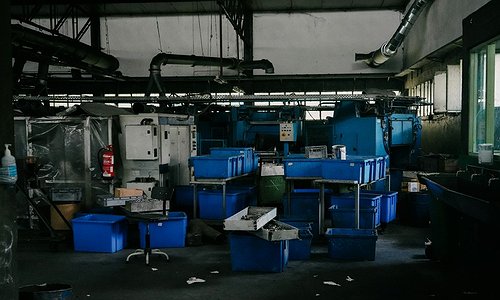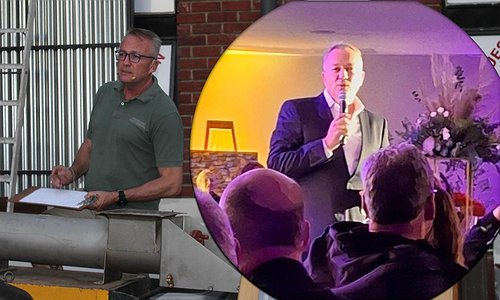What load-shedding taught South Africans about self-sufficiency, and capitalism
Power to the people
When the grid proved as reliable as a weather forecast, citizens didn't just sit in the dark waiting for miracles. They became their own energy providers. Solar panels began sprouting on rooftops faster than gossip spreads in a small town. Generators hummed in backyards, and inverters became the hottest commodity since biltong at a rugby match. Businesses, too, joined the self-sufficiency bandwagon. From corner cafés to sprawling factories, backup power solutions became the norm. After all, time is money, and in a capitalist playground, downtime is the ultimate party pooper. The economic toll of load-shedding has been staggering, with estimates suggesting a 2.1% dip in quarterly GDP during particularly dark times.
Water, water everywhere? Not quite.
Just when you thought dodging blackouts was the main event, enter stage left: water shortages. Johannesburg, the city of gold, found itself parched, with taps running dry due to a cocktail of mismanagement, infrastructure hiccups, and a dash of corruption. True to form, South Africans didn't just stand around waiting for rain. Water tanks became as ubiquitous as braais on a summer day. Rainwater harvesting turned from a hippie dream into a suburban staple. Households and businesses alike invested in storage solutions, so that when the municipal well ran dry, they wouldn't be left high and not-so-dry.
The digital lifeline
In an age where being offline feels like exile, unreliable power threatened to sever the nation's digital umbilical cord. But South Africans, ever resourceful, found ways to stay connected. Uninterrupted Power Supplies (UPS) became the unsung heroes, keeping WiFi routers alive during outages. Mobile data plans were upgraded, and some even turned to car inverters to juice up their devices. The message was clear: you can take our power, but you'll never take our internet.
Rethinking the social contract
All this DIY infrastructure begs the question: if citizens are generating their own power, collecting their own water, and ensuring their own connectivity, what's left for the state to do? The traditional social contract, where we trade taxes for services, seems to be under renovation. Deputy President Paul Mashatile's recent musings on privatization not being a "swear word" hint at a government coming to terms with its own limitations.
The capitalist's dilemma
While self-sufficiency sounds empowering, it comes with its own set of challenges. Not everyone can afford solar panels, water tanks, or fancy gadgets to keep the WiFi alive. This DIY revolution risks widening the gap between the haves and the have-nots, turning basic services into luxury commodities. Moreover, as individuals and businesses invest heavily in private solutions, there's less pressure on the state to fix the underlying issues. It's a double-edged sword: self-reliance fosters resilience but can also breed complacency in governance.




